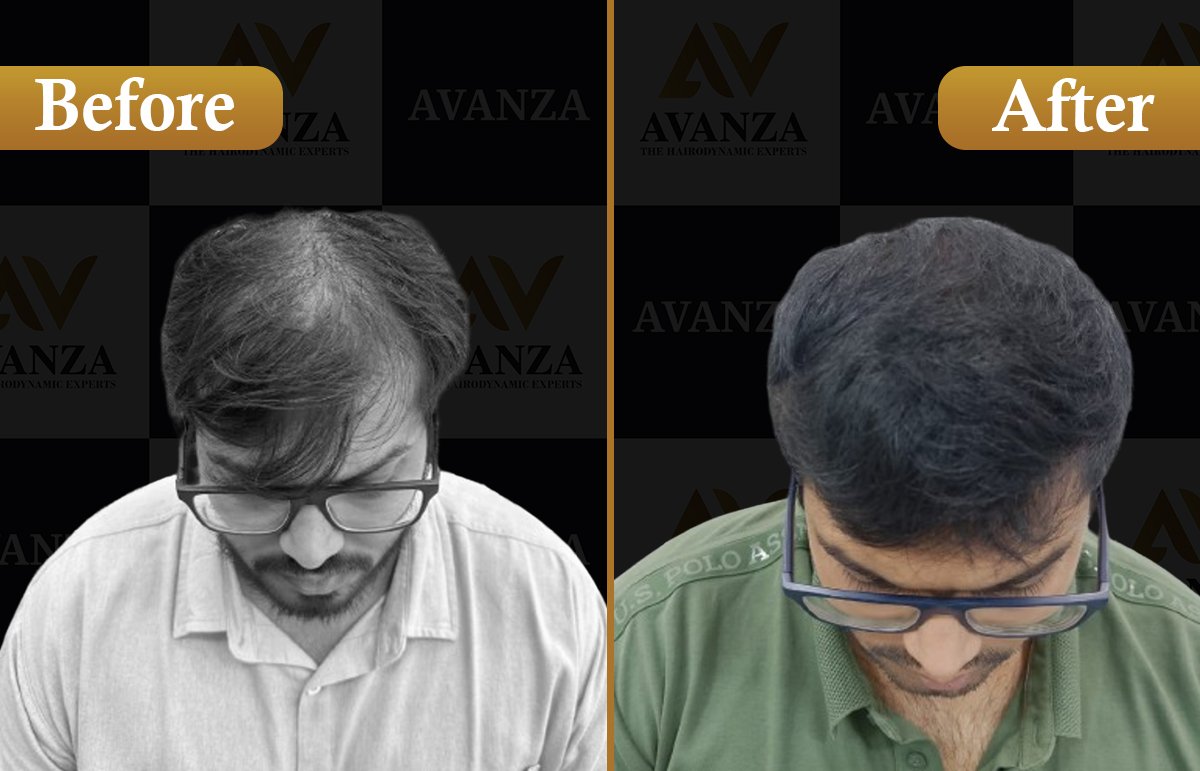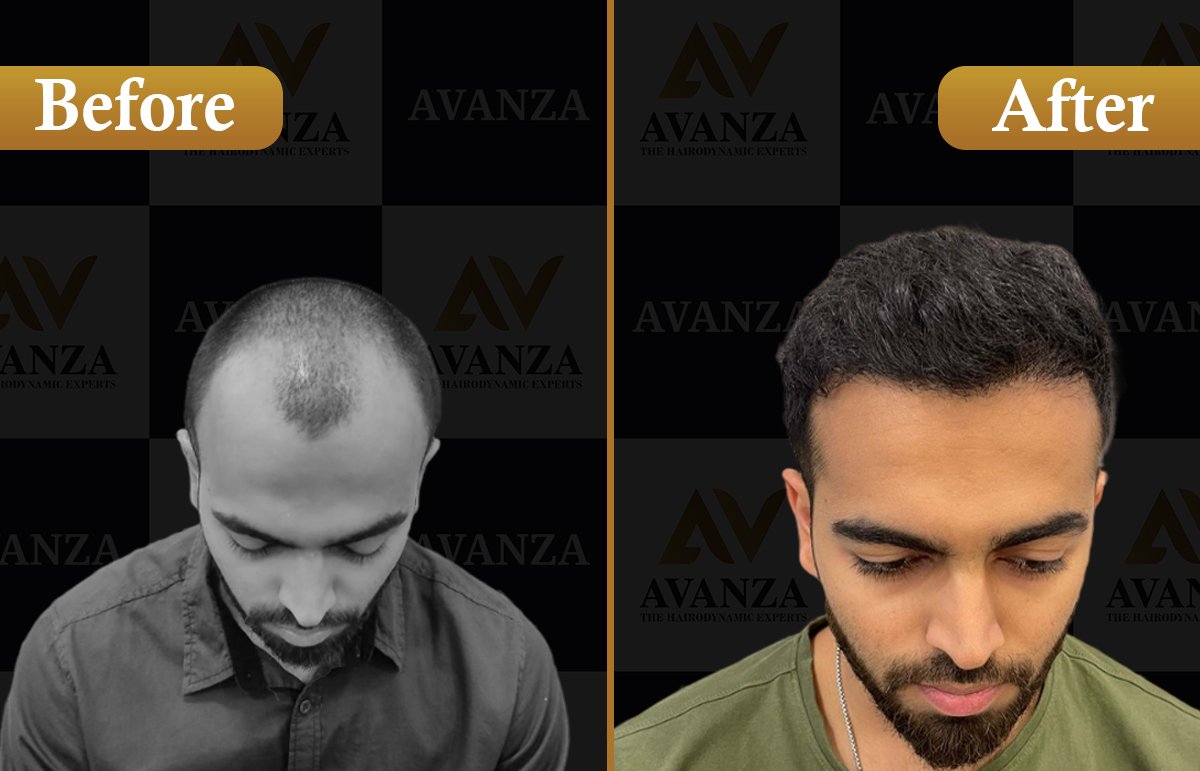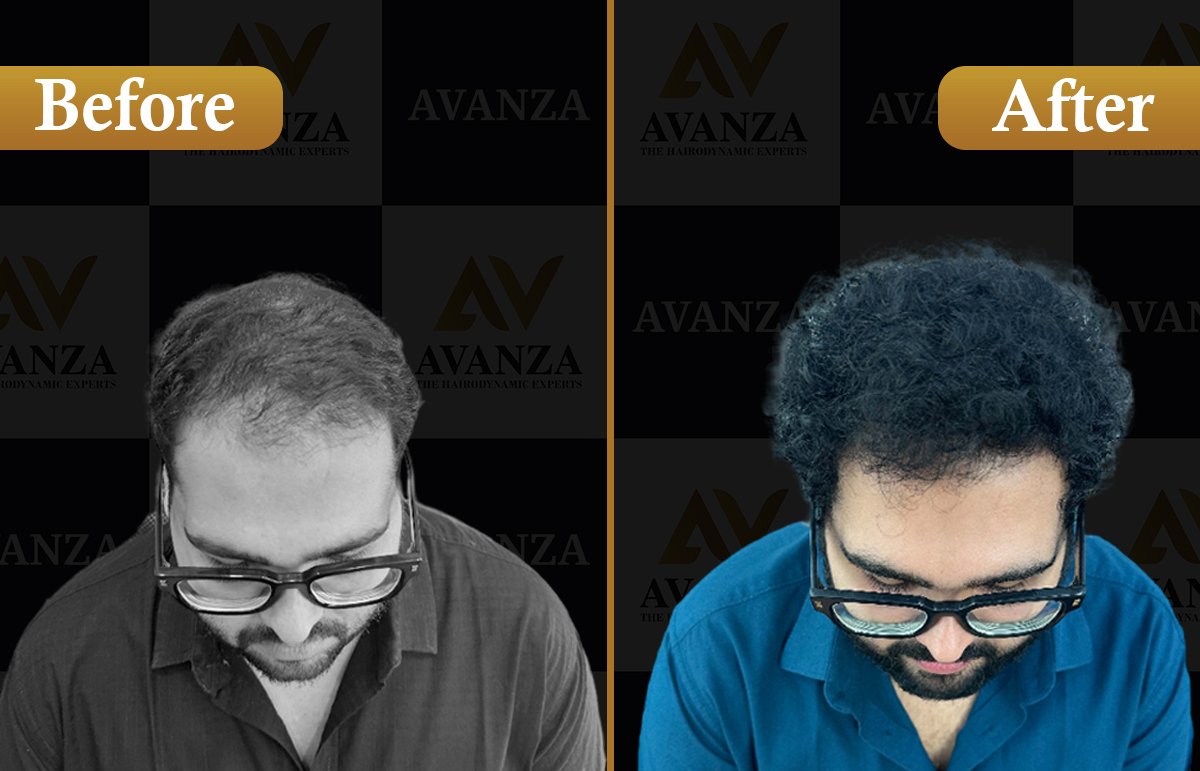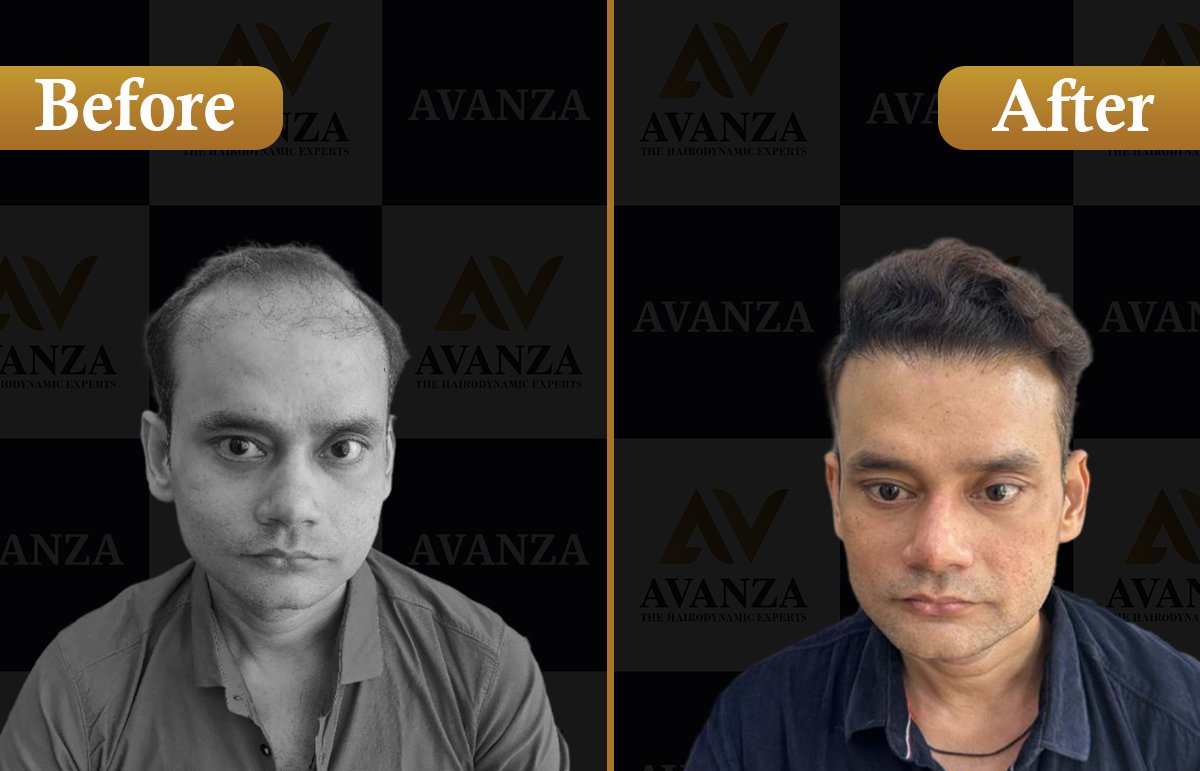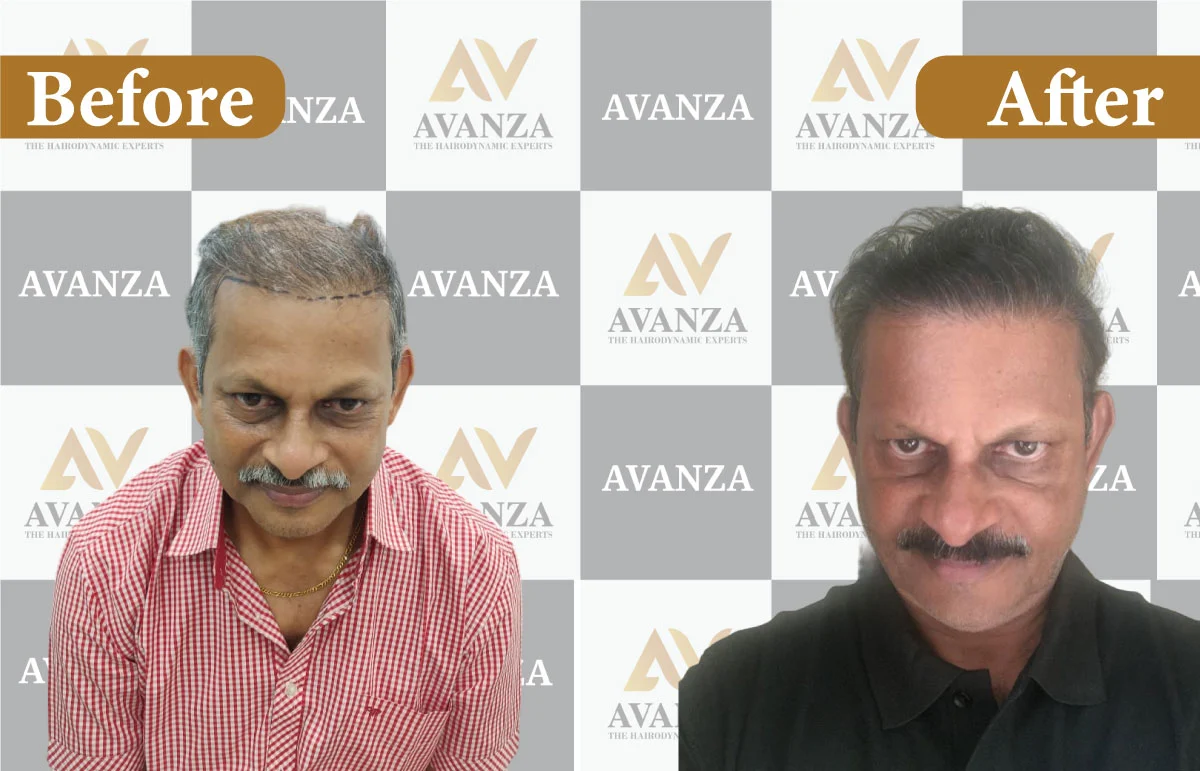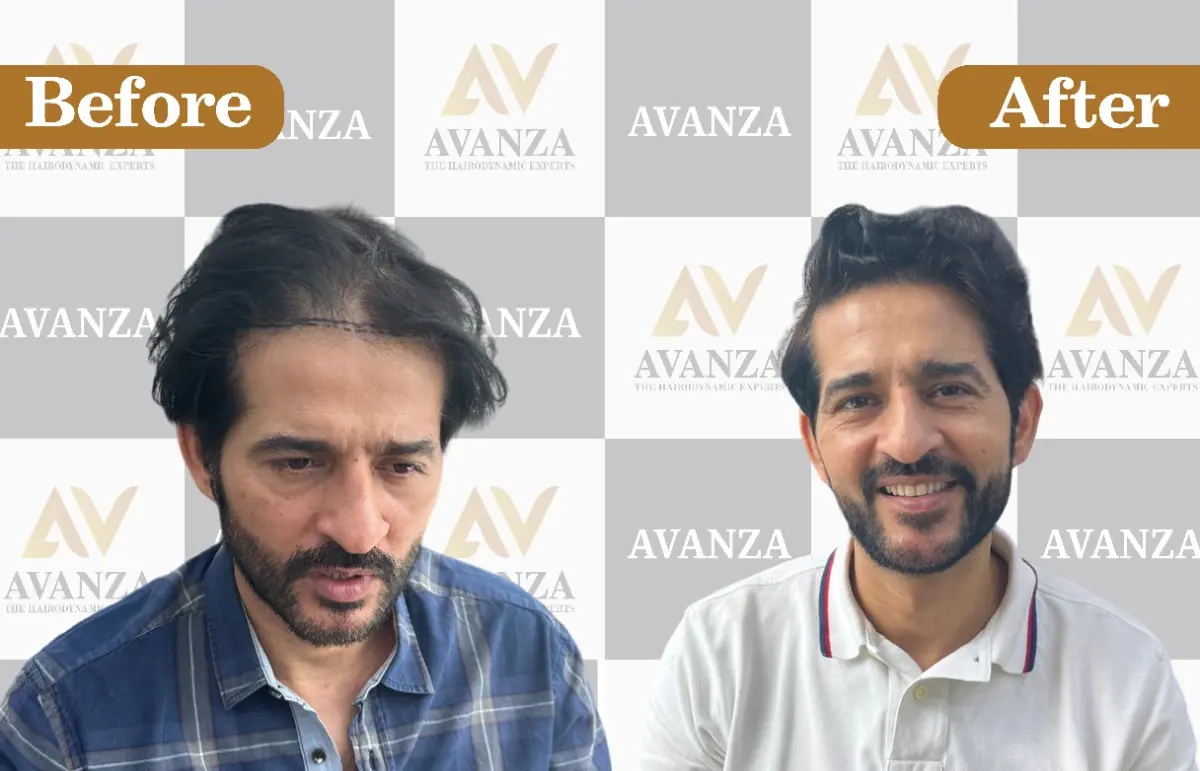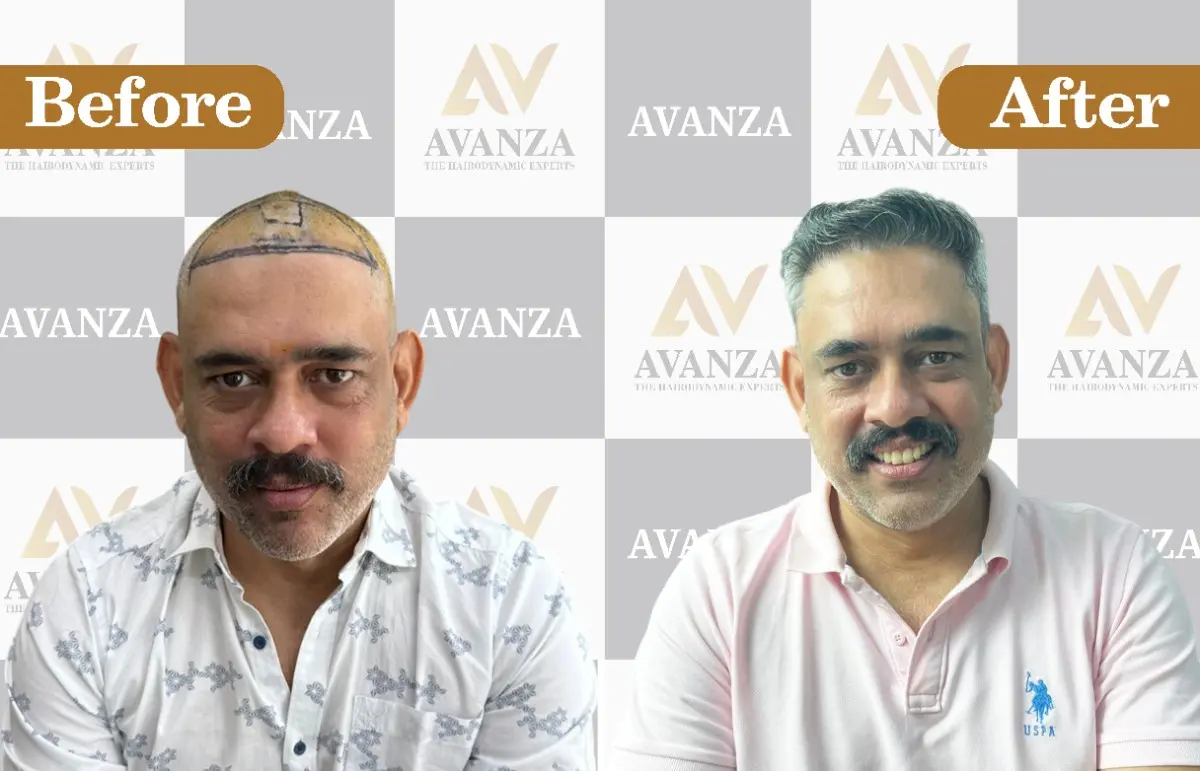What Causes Hair Loss and Its Solutions?
Hair loss has become a prevalent issue for millions of people worldwide, affecting individuals across various age groups and genders. While it is natural to lose about 50–100 strands of hair daily, excessive hair shedding can be a sign of underlying health issues. Recognizing the early symptoms and understanding the causes can be pivotal in managing and preventing hair loss. This blog will delve into the common causes, early symptoms, and effective solutions to combat this distressing condition
Introduction
Hair is often referred to as a "crowning glory," playing a significant role in one's appearance and self-esteem. However, the growing problem of hair loss has left many individuals grappling with insecurities. Hair loss is no longer an issue confined to aging; factors such as stress, lifestyle changes, and environmental conditions have made it a universal concern.
Understanding the causes and symptoms of hair loss is the first step toward effective treatment. Whether it's a temporary issue or a more chronic condition, early intervention can make all the difference.

Common Causes of Hair Loss
Hair loss can stem from various causes, some of which are easier to address than others. Below are the most common reasons for hair loss:
- Genetics and Hormonal Changes: Hereditary hair loss, also known as Androgenetic alopecia, is one of the most common causes of hair thinning. For men, it manifests as male pattern baldness, while women experience diffuse thinning. Hormonal imbalances due to conditions like PCOS, menopause, or thyroid issues can also trigger hair loss.
- Stress: Chronic stress impacts the hair growth cycle, leading to conditions like Telogen effluvium, where hair enters the shedding phase prematurely. Stress-related hair loss is often reversible but can be distressing if left untreated.
- Poor Diet: Hair health is directly linked to nutrition. A deficiency in essential nutrients such as iron, biotin, zinc, and protein can weaken hair roots and cause shedding. Unhealthy eating habits or restrictive diets often contribute to hair loss over time.
- Medical Conditions: Certain medical conditions, like Alopecia areata, autoimmune diseases, and scalp infections, can cause sudden or patchy hair loss. Additionally, treatments like chemotherapy often lead to temporary but significant hair fall.
- Environmental Factors: Pollution, harsh weather conditions, and excessive use of chemical-laden hair products can weaken hair follicles, causing damage and breakage over time.
Achieve the fuller, natural looking hairline you've always dreamed of. Let Celebrity Hair Clinic help you get there.
Early Symptoms to Watch Out For Hair Loss
Early detection is crucial when dealing with hair loss. Symptoms include thinning hair, excessive shedding, visible bald patches, and weak, brittle hair.
- Thinning Hair and Receding Hairline: Thinning hair, especially on the crown or along the hairline, is often the first sign of hair loss. Men may notice their hairline receding, while women might observe a widening part.
- Excessive Hair Shedding: If you're losing more than the average 50–100 strands a day, it’s worth consulting a specialist. Excessive hair on your pillow, comb, or shower drain could be a sign of telogen effluvium or another condition.
- Visible Bald Patches: Sudden or patchy bald spots may indicate alopecia areata. These patches can appear anywhere on the scalp or body and may require immediate medical attention.
- Weak and Brittle Hair: Hair that breaks easily and feels brittle may point to poor scalp health or nutritional deficiencies.
Effective Hair Loss Treatments
The good news is that hair loss is often manageable, especially when treated early. Here are some effective options to consider:
1. Non-Surgical Treatments
- PRP Therapy: Platelet-Rich Plasma (PRP) therapy involves injecting concentrated plasma into the scalp to stimulate hair growth. It’s a popular, minimally invasive treatment option.
- Medications: Certain treatments can help slow hair loss and promote regrowth, offering effective solutions for those seeking to maintain healthy hair.
- Laser Therapy: Low-level laser therapy stimulates hair follicles and improves hair density over time.
2. Surgical Solutions
- Hair Transplants: For advanced cases, hair transplant surgery offers a permanent solution. Techniques like Follicular Unit Transplantation (FUT) and Follicular Unit Extraction (FUE) yield natural-looking results.
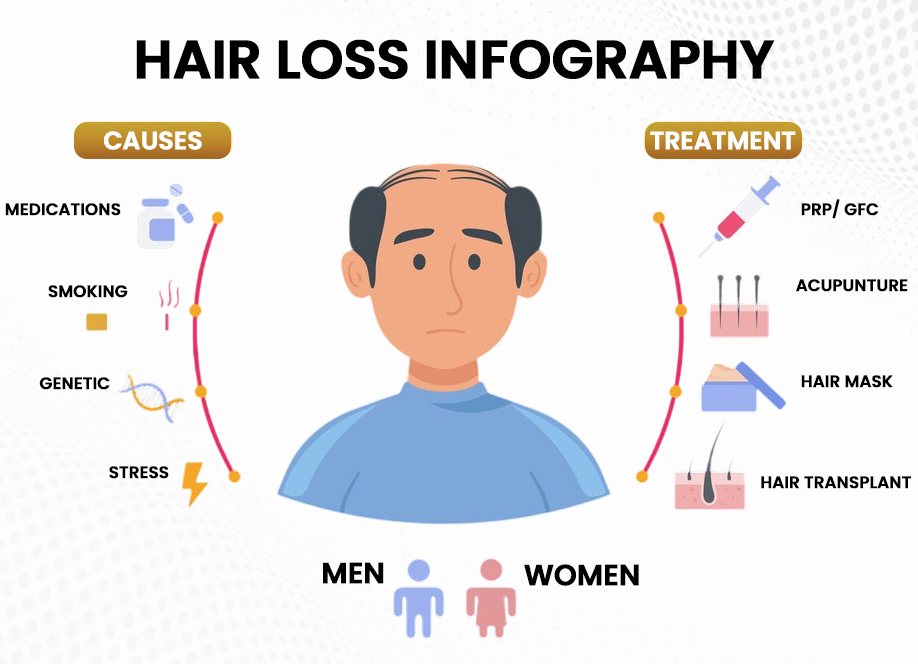
Lifestyle Changes to Prevent Hair Loss
In addition to medical treatments, lifestyle modifications can play a significant role in maintaining healthy hair.
- Balanced Diet: Incorporate foods rich in vitamins, minerals, and protein. Leafy greens, nuts, eggs, and fish are excellent for hair health.
- Stress Management: Chronic stress exacerbates hair loss. Practices like yoga, meditation, and deep breathing can help reduce stress levels.
- Scalp Care: Maintain a clean and healthy scalp by using mild shampoos and avoiding excessive use of styling products. Regular oil massages can also improve blood circulation to the scalp.
When to Consult a Specialist?
Early consultation is key to preventing irreversible damage. Visit a specialist if:
- Hair loss is sudden or severe.
- Bald patches or scalp irritation appear.
- Hair does not respond to over-the-counter treatments.
A dermatologist or trichologist can diagnose the underlying cause and recommend personalized treatment options.
Conclusion
Hair loss can be distressing, but it’s not the end of the road. By understanding the causes, recognizing early symptoms, and taking timely action, you can reclaim your hair health. From simple lifestyle changes to advanced medical treatments, a wide range of solutions is available to address your needs.
Book Appointment Now
Real Hair Transplant Results
Frequently Asked Questions
© 2026 Copyright : Avanza Healthcare Services Private Limited

